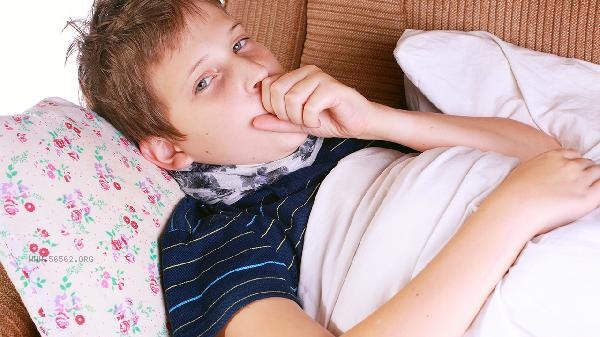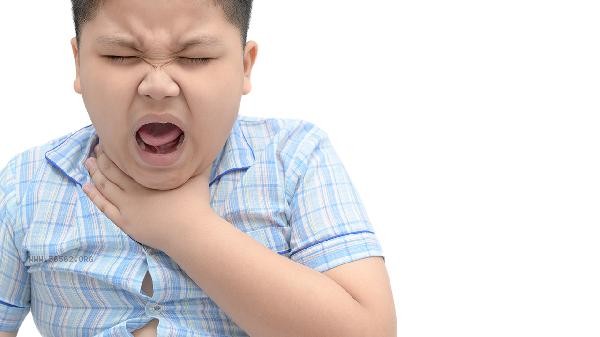Childhood psychogenic cough is usually characterized by dry cough without organic lesions, which is often related to psychological factors. Its main features include recurrent cough attacks, significant daytime and nighttime relief, relief of attention shift, accompanied by anxiety or tension, and poor response to conventional cough suppressants.

1. Recurrent cough
Psychogenic cough in children often presents as recurrent, lasting for more than 4 weeks, with varying cough frequencies. The cough sounds are mostly single dry cough with no sputum or only a small amount of white foam sputum. Symptoms worsen in emotional fluctuations or stressful situations, such as exams, family conflicts, etc. It is recommended that parents record the causes and timing of cough attacks to help doctors differentiate and diagnose them.
2. Significant daytime and nighttime relief
Unlike infectious cough, psychogenic cough is significant during daytime activity and disappears or significantly reduces after falling asleep. Some children have no coughing symptoms at all when they are focused on playing or sleeping. This day night difference is an important distinguishing point, and parents need to observe their children's coughing during sleep.
3. Relief during Attention Shifting
When children focus on activities that interest them, cough frequency will significantly decrease or even stop. This characteristic manifestation is related to the inhibition of cough reflex by the cerebral cortex. Parents can use games, drawings, and other methods to shift their attention as auxiliary judgment tools.

4. Accompanying anxiety
Most children have obvious emotional problems, such as exam anxiety, separation anxiety, or social anxiety. Some children may unconsciously express their psychological needs through coughing, such as seeking attention or avoiding stress. Parents should pay attention to whether their children have neurological habits such as biting nails and blinking.
5. Poor drug efficacy
Conventional cough suppressants such as dexmedetomidine hydrobromide oral solution, compound fluconazole oral solution, and montelukast sodium chewable tablets have limited effect on this type of cough. Traditional Chinese medicine diagnosis and treatment may use Xingsu cough syrup, pediatric lung heat cough and asthma granules, etc., but psychological intervention is needed to cure the condition. Parents should avoid excessive attention to coughing behavior, establish a relaxed family atmosphere, and arrange their daily routine reasonably. You can try traditional Chinese medicine emotional regulation methods such as pentatonic therapy, combined with massage at acupoints such as Taiyuan and Shanzhong. If the symptoms persist for more than 2 months or affect growth and development, it is necessary to seek joint diagnosis and treatment from a child psychology department. Daily diet should be light, avoiding spicy and stimulating foods, and consuming moderate amounts of lung moistening ingredients such as lilies and Tremella fuciformis.









Comments (0)
Leave a Comment
No comments yet
Be the first to share your thoughts!